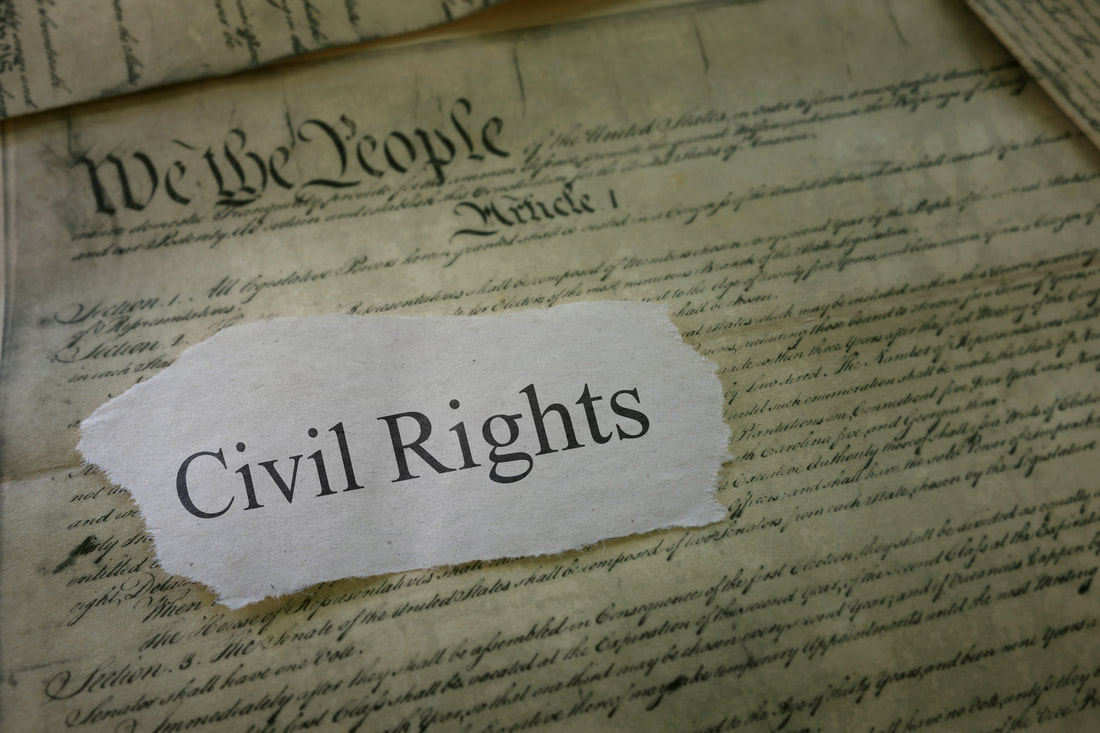|
The proposal seeks to “clarify” the range of damages available to plaintiffs in federal civil suits that claim emotional harm under federal civil rights laws. Democratic U.S. senators on Friday announced new legislation that they say will plug a discrimination-claims-sized damages hole punched in civil rights claims by the U.S. Supreme Court earlier this year. The Clarifying Civil Right Remedies Act of 2022, carried by Illinois Sen. Dick Durbin and Sen. Patty Murray, D-Washington, seeks to “clarify” the range of damages available to plaintiffs in federal civil suits that claim emotional harm under federal civil rights laws such as the Civil Rights Act. Such awards were curbed by the high court, the senators said, in Cummings v. Premier Rehab Keller. “Our antidiscrimination laws exist to protect against discrimination and ensure that when discrimination does occur, those who suffer it can seek the justice they deserve in court,” Murray said in a statement announcing the bill after calling the Cummings ruling an unfair limitation on victims. “Our legislation will right this wrong, protect people’s dignity, and ensure that anyone who experiences humiliation, frustration, and emotional distress because of discrimination they faced at the doctor’s office, in the classroom, and in so many other settings can seek justice in our courts,” she added. In Cummings, Chief Justice John Roberts Jr. found deaf woman Jane Cummings could not hold a federally funded rehabilitation center responsible for emotional damages after it failed to accommodate her disability. Instead, he said such claims relied on spending clause legislation that has traditionally been analogous to contract disputes and don’t allow for such an “exceptional” remedy. “Emotional distress damages are not ‘traditionally available in suits for breach of contract,’” the justice wrote in an April opinion. “There is correspondingly no ground, under the court’s cases, to conclude that federal funding recipients have ‘clear notice,’ … that they would face such a remedy in private actions brought to enforce the statutes here.” The decision relied heavily on Barnes v. Gorman, which denied damages to a paraplegic man after a jury awarded him damages for an Americans with Disabilities Act claim. “Title VI mentions no remedies; and punitive damages are generally not available for breach of contract,” Justice Antonin Scalia wrote, rolling back the award, in the 2001 opinion. The Cummings decision was condemned by the Connecticut Law Tribune Editorial Board shortly after it was handed down. “The aftermath of Cummings is not difficult to predict,” the board wrote in an op-ed titled “US Supreme Court Marks 50th Anniversary of Title IX by Gutting It.” “Without the promise of monetary recovery, fewer plaintiffs will have cause to stand up, and fewer lawyers will be able to take their cases,” they wrote. “And without those private attorneys, general educational institutions will have less incentive to promote sex equality.” Kaufman Dolowich & Voluck partner Iram Valentin also wrote for the New Jersey Law Journal on the opinion’s impact, noting that the bar on damages for emotional distress was limited to spending clause anti-discrimination statutes, but did not affect federal anti-discrimination statutes that were not promulgated pursuant to spending clause legislation, such as Title VII of the Civil Rights Act of 1964, or state or local anti-discrimination laws. “Despite the tug of war on the high court, it is clear that the conservative majority will continue to construe the available remedies narrowly and strictly in private suits commenced to enforce provisions under Spending Clause legislation,” Valentin, co-chair of Kaufman Dolowich’s Professional Liability Practice Group, wrote. "Practically, Cummings and its rationale may considerably impact remedies in suits arising in the educational context, such as in universities and public school districts, and in the health-care sector, such as in hospitals and rehabilitation facilities.” It’s been months since Cummings, and Valentin, after reviewing Durbin and Murray’s legislative effort, is skeptical it’ll survive judicial scrutiny. He believes that the apples and oranges nature of mixing the concepts of compensatory and consequential damages will lead to further litigation. “Senate Democrats want to nullify the Supreme Court’s decision because they disagree with the conservative majority’s narrow interpretation of the remedies available under spending clause legislation, viewing it as a step on a slippery slope; however, rather than ending the debate, they may be fueling it,” he said in an interview Friday.
0 Comments
Leave a Reply. |
HISTORY
April 2024
Categories |
© Walk 4 Change. All rights reserved.


 RSS Feed
RSS Feed